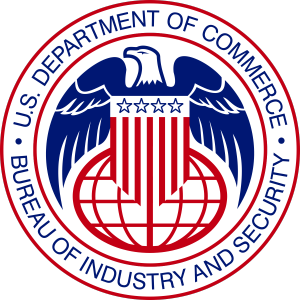Search
Published on:
Saudi Arabia Launches New Committee to Examine Foreign Investments
On September 14, 2021, the Kingdom of Saudi Arabia’s (KSA’ s) Cabinet of Ministers launched a new Permanent Ministerial Committee for Examining Foreign Investments (CEFI) that would review foreign investments for potential national security threats. This development comes at an important time as the Kingdom opens its doors for foreign investments in pursuit of the Vision 2030 plan. The Ministry of Investment recently reported that foreign investment licenses in the KSA rose 108% in the first half of 2021 in comparison the preceding year. The committee is expected to function in a manner similar to the Committee on Foreign Investment in the United States (CFIUS), and the proposed UK National Security and Investment Bill, although its future role and implementation remain to be determined.
 Global Trade & Sanctions Law
Global Trade & Sanctions Law


